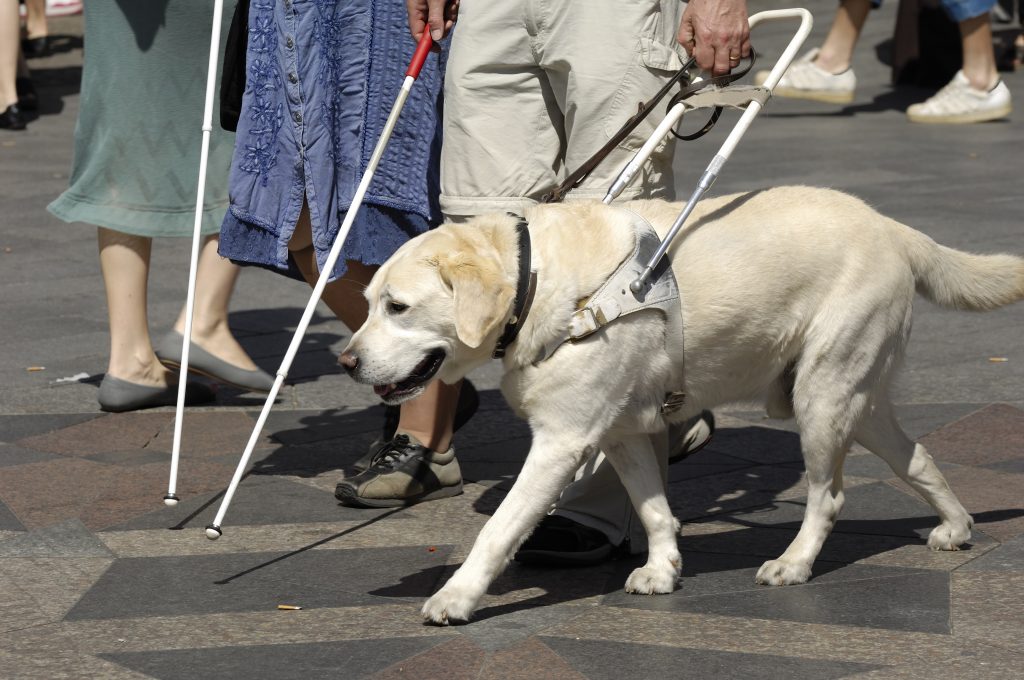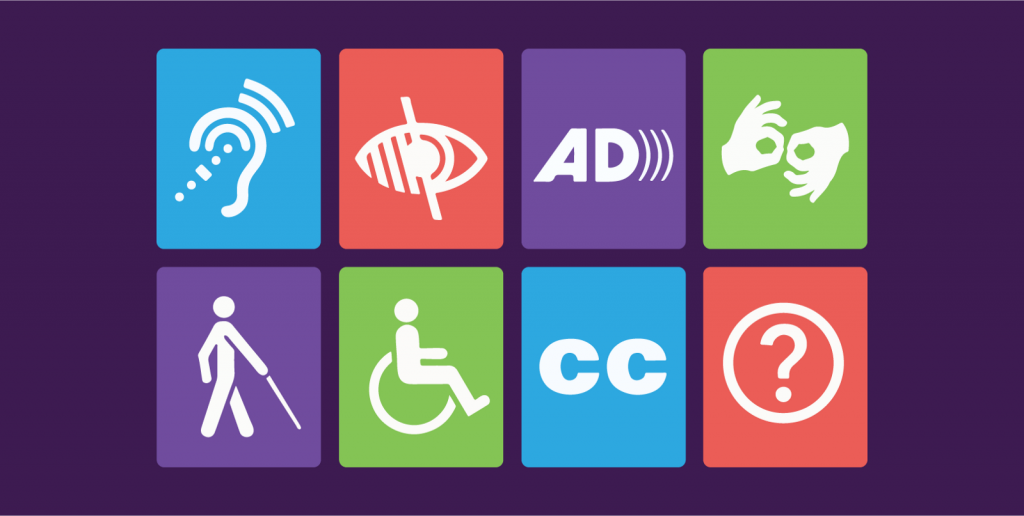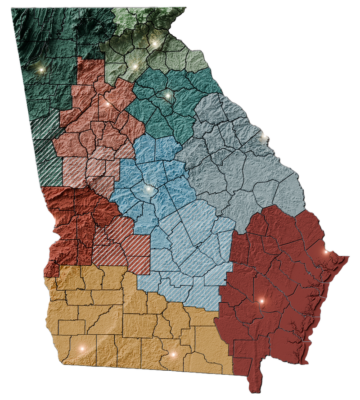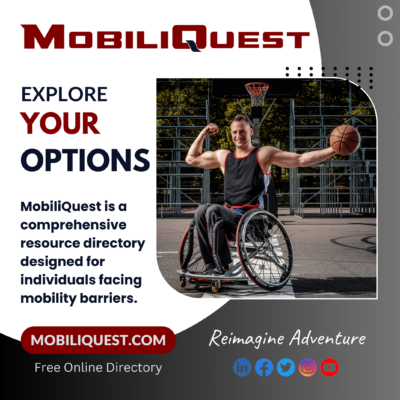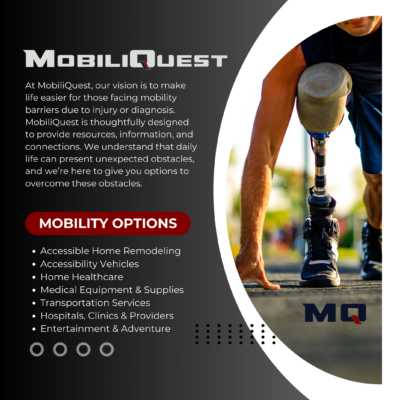Defining Mobility and the goal for SILCGA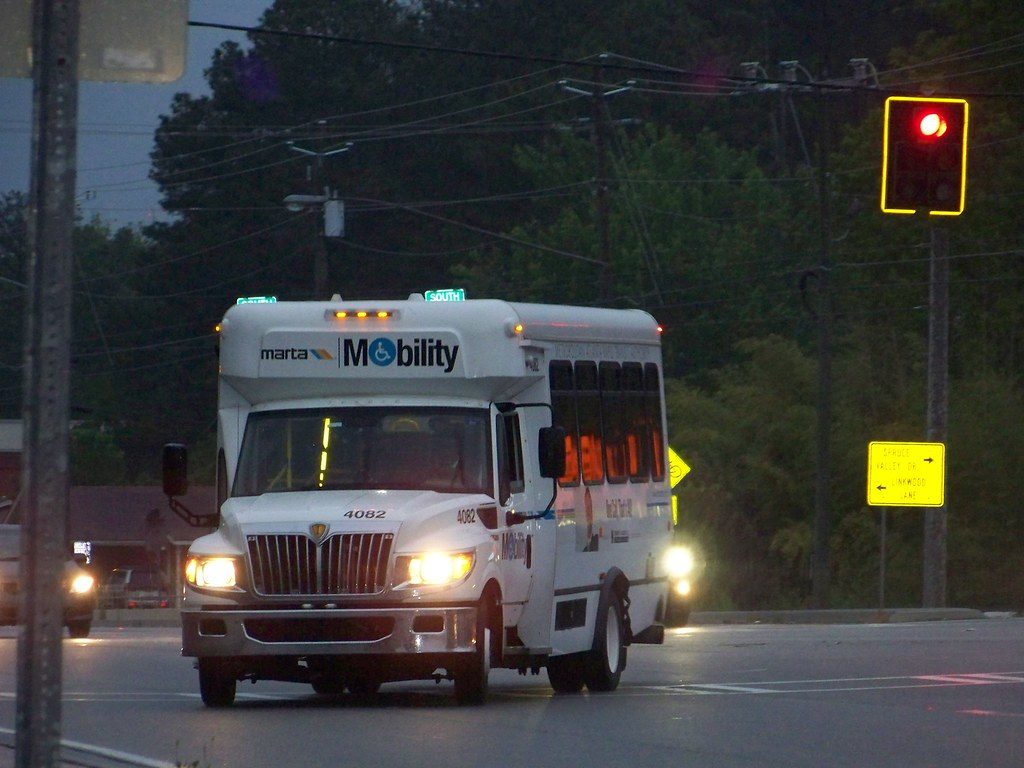
Mobility – the ability to safely navigate around ones community with various means of assistive devices; if/when necessary. Thus, allowing individuals with disabilities and seniors to live equitable & independent lives.
The goal for the Statewide Independent Living Council, GA (SILCGA) is to improve mobility and expand consumer access to transit. Establishing working relationships with the GA Department of Transportation, local/regional municipalities and various transit entities will allow SILCGA and Centers for Independent Living (CIL) to generate status and advocacy report(s) and increase mobility options for people with disabilities while helping frame our State Plan for Independent Living (SPIL).
An individual’s mobility impacts a multitude of activities and priorities in life. Individuals with disabilities must have accessible, consistent, and reliable means of transportation. Having these key components available will allow an individual to find and maintain employment, make medical appointments, grocery shop, and participate in other community recreational activities. In rural areas, public transit has limited operating hours and unreliable scheduling or is non-existent in some areas.
Mobility needs are not limited to transit as many would believe. SILCGA encourages city and state planners to develop and re-develop communities to be more inclusive during the planning process. Inclusive features consist of wider sidewalks, curb-cuts, sensory additions and easy to locate signage; just to name a few. SILCGA also supports reasonable accommodations regarding service animals. We believe education is the best way to make an “all-inclusive” mobile society for all Georgians a reality!
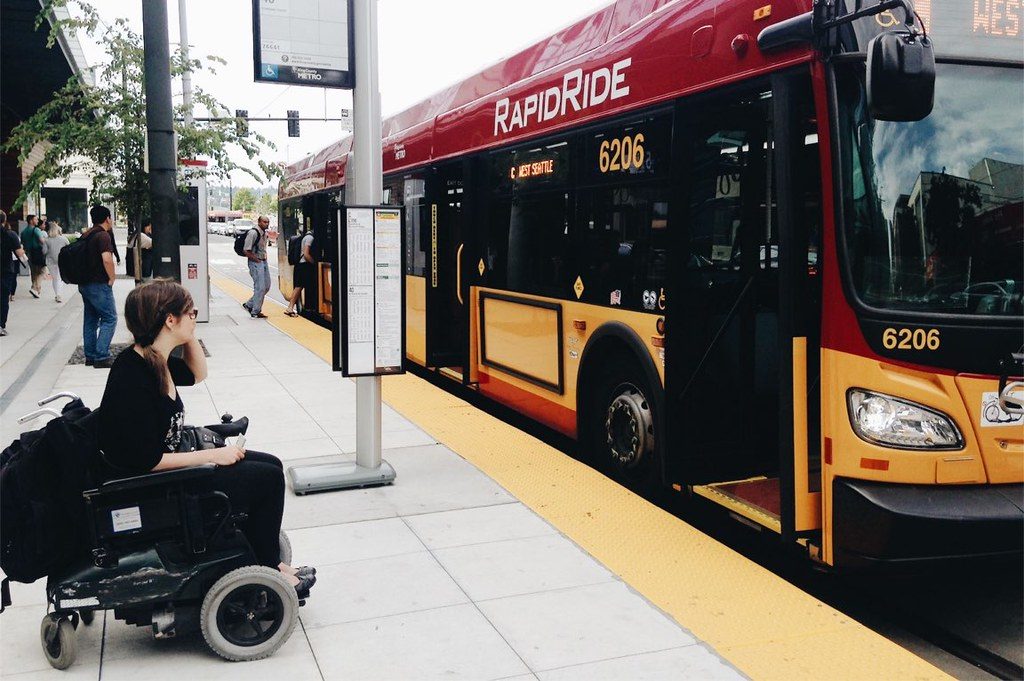 Mobility Options and Suggestions
Mobility Options and Suggestions
One option available for rural areas are GDOT’s 5311 buses.
The FTA Section 5311 Program provides formula funding to States and Native American tribes for the purpose of supporting public transportation in rural areas with populations of less than 50,000. GDOT administers the 5311 Program for the State of Georgia. FTA apportions Section 5311 funding proportionally by a statutory formula Georgia Department of Transportation State Management Plan October 2020 based on each State’s non‐urbanized area population, population density, and low‐income individuals factors as well a transit service levels reported to the National Transit Database (NTD The Section 5311 program also includes: the Rural Transit Assistance Program (RTAP).. GDOT is the designated recipient of FTA Section 5311 funds within the State of Georgia. Eligible sub recipients of these funds include state or local government authorities, nonprofit organizations, federally recognized Native American tribes, and operators of public transportation or intercity bus service. Eligible program activities include planning, capital, operating, job access and reverse commute projects, acquisition of public transportation services, and State administration expenses. The Section 5311 program supports both the maintenance of existing public transportation services and the expansion of those services.
Non-Emergency Medical Transportation (NEMT) is another option for consumers. https://medicaid.georgia.gov/programs/all-programs/non-emergency-medical-transportation
It provides transportation to and from medical appointments. Below is a link for a description, and available brokers statewide including LogistiCare. Medicaid recipients are the primary users, but some brokers also accept other coverage including Medicare. To determine which option should be utilized, call the customer service line on the back of your insurance/health coverage card. Then ask if Non-Emergency Medical Transportation is a provided service. If NEMT is provided, ask which organization should be used to book your trip.
If you have questions/concerns you can contact brokers through their website with the contact information provided. You can also reach out to your local Center for Independent Living (CIL) should you need further assistance.
Paratransit Services
For information regarding transit/Paratransit in your area contact your local center for independent living. (CIL) If you find that the transit in place is currently limited, advocacy is strongly encouraged. The first step might be contacting your local county transit agency, or attending public hearings within your community so that your voice may be heard.
Know Your Rights
SILCGA has developed transportation handouts to help consumers know and understand their rights under the ADA. The transportation handouts include general accessibility, wheelchair users, service animals, vison, speech, and hearing impairments, and reporting ADA violations. The hope with the handouts is that you will also have guidelines/ references when advocating for your rights under the ADA.

